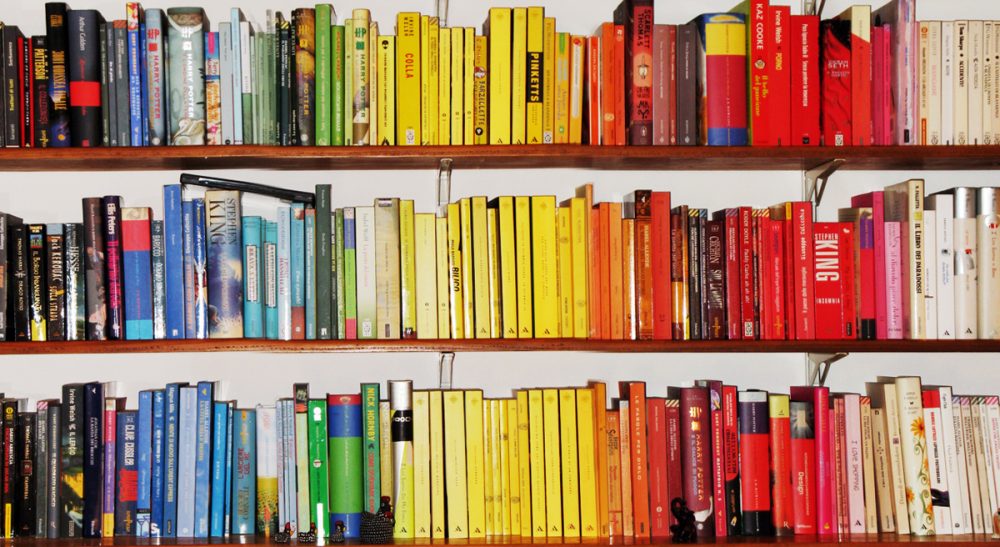Advertisement
A Writer's Dilemma: Weighing The Benefits And Pitfalls Of Self-Publishing

Until a few years ago if you wanted your book published you had two options: find an agent to take it to publishers, or hire a vanity publisher. The first option was uncertain, and took a long time. The second was expensive, and (after your mom and best friends dutifully bought) saddled you with a basement of moldering books. And perhaps worse, the scorn of published authors, who considered vanity publishing the last resort of a failed writer, somewhere between shoplifting and child molestation.
In 2010, a third option appeared: self-publishing, via outlets like Amazon. The avatar for this new option became Amanda Hocking, who was then a 20-something unpublished writer of paranormal books for Young Adults. In April of 2010, she was broke and wanted $300 to travel to Chicago for a Muppets convention. She uploaded one of her books to Amazon. A year later she was a self-published millionaire.

Others followed her lead, and writers took notice. I was among them. I’m lucky to have an agent. One of my novels has been making the rounds of publishers since last spring. But I’ve been writing for 10 years now, and I’m not young. So I’ve been looking into self-publishing.
Thanks to the Internet there’s a blizzard of information on the subject. I take it with a grain of salt, because outside of the occasional newspaper article, most of it comes from people involved in self-publishing. Many of them are authors who have taken to heart the advice all writers (including those traditionally published) are given today: create a social medium platform. Self-published writers blog and tweet about… self-publishing. Advising other writers to blog about self-publishing.
It’s not just writers. As in the California gold rush, people have figured out that there’s more money in hawking picks and shovels than there is in prospecting. So cottage industries have sprouted up offering tools to the DIY author: editing, cover art, manuscript critiques, and endless marketing advice.
Here’s some of what I’ve learned. If I decide to self-publish I can have a book up on Amazon in a matter of hours, and begin collecting royalties immediately, at the rate of 70 percent. If I wait (and wait) for a traditional publisher I’ll get less than that rate — Amazon takes 30 percent from all comers, and a publisher needs to make money. On the other hand, a publisher will pay me an advance. And my books will appear in bookstores, and might get reviewed by traditional media, things which won’t happen if I self-publish. As much as ebook sales have increased, they are still only 20 percent of the market.
The arguments of some of the most vehement advocates of self-publishing, like J.A. Konrath, are rooted in the belief that there’s simply more money for the author in self-publishing, and they are persuasive — at least when you’re reading Konrath. He’s a very persuasive guy.
But mercenary as we writers can be, there’s more than money involved. There’s art. And there’s prestige. I can’t help but think that the intensity of many of the arguments in favor of DIY publishing stem from a chip on the shoulder, the sense that “real” writers are somewhere out there dissing them as “failed writers.” And it’s true.
The real imponderable for me is — who reads self-published books? I’ve read a few in my genre, mystery/thrillers. They’re not terrible, but they lack nuance and complexity, attributes I hope my books display.
On the other hand (and this is an area where there always seems to be another hand), I’ve read about how the traditional publishers have been abandoning mid-list authors as they chase the next blockbuster. Some of those dropped authors are very good, and where will they go? To Amazon most likely. Will their readers follow?
For now, I’m waiting. But I don’t have forever.
Related:
